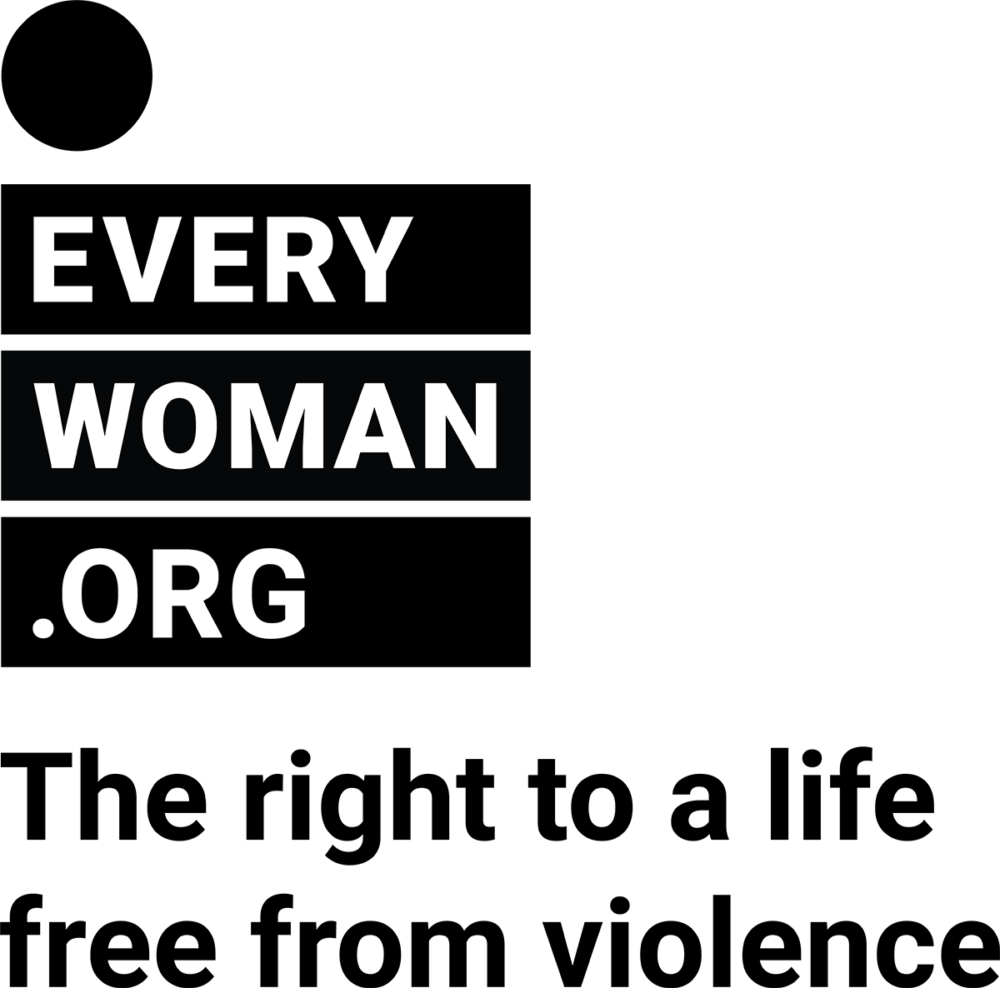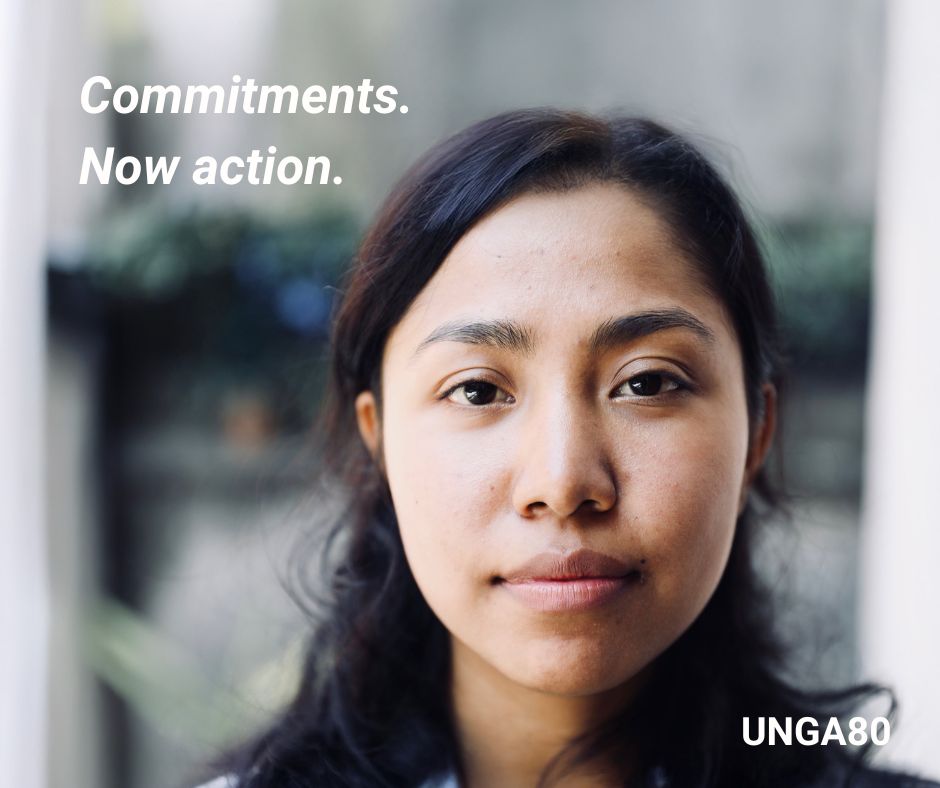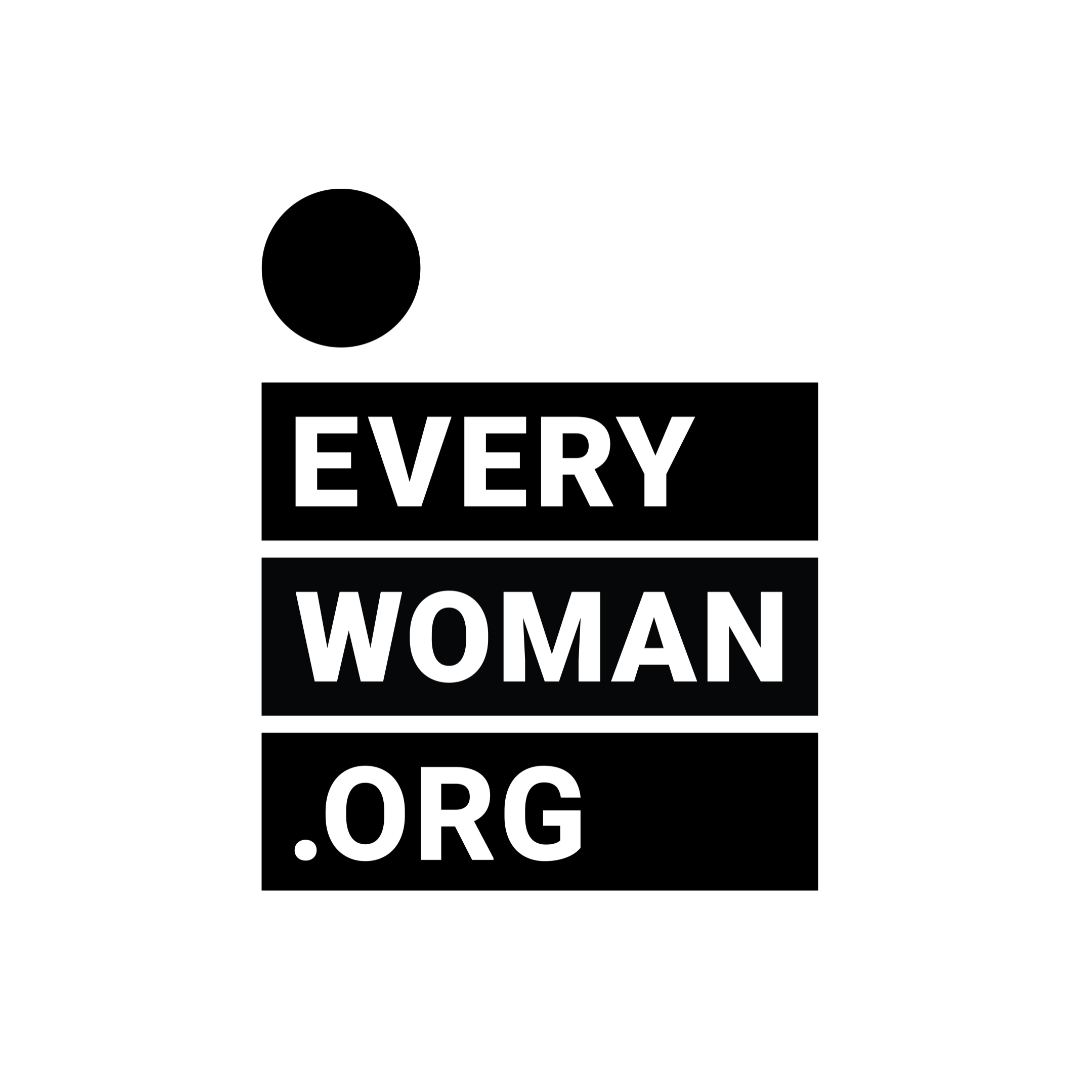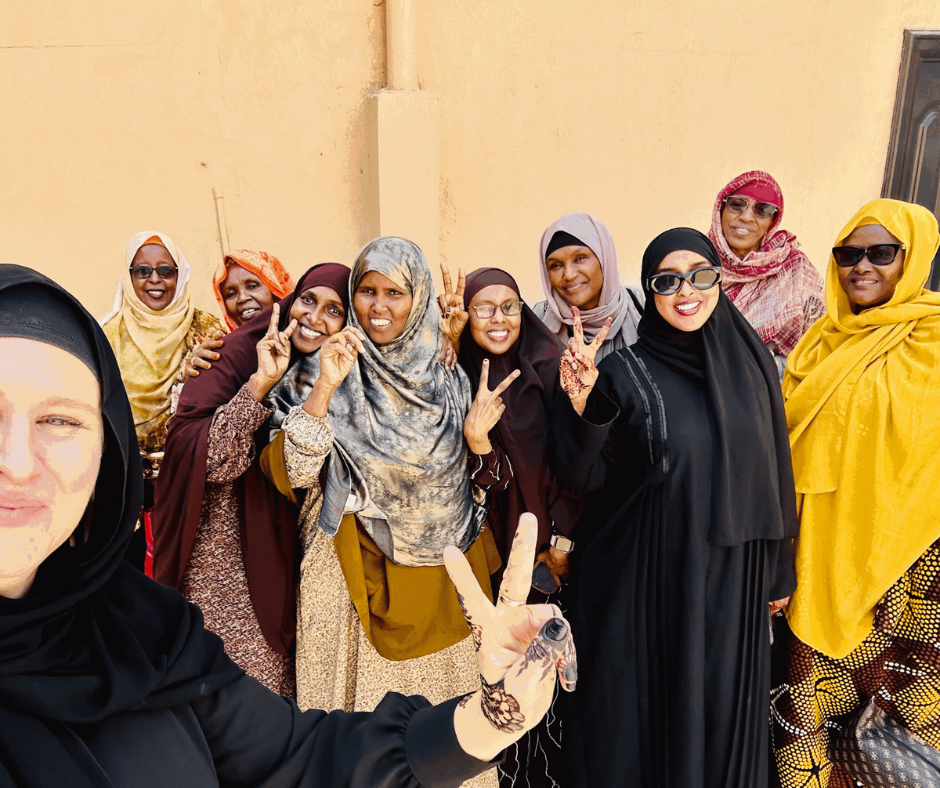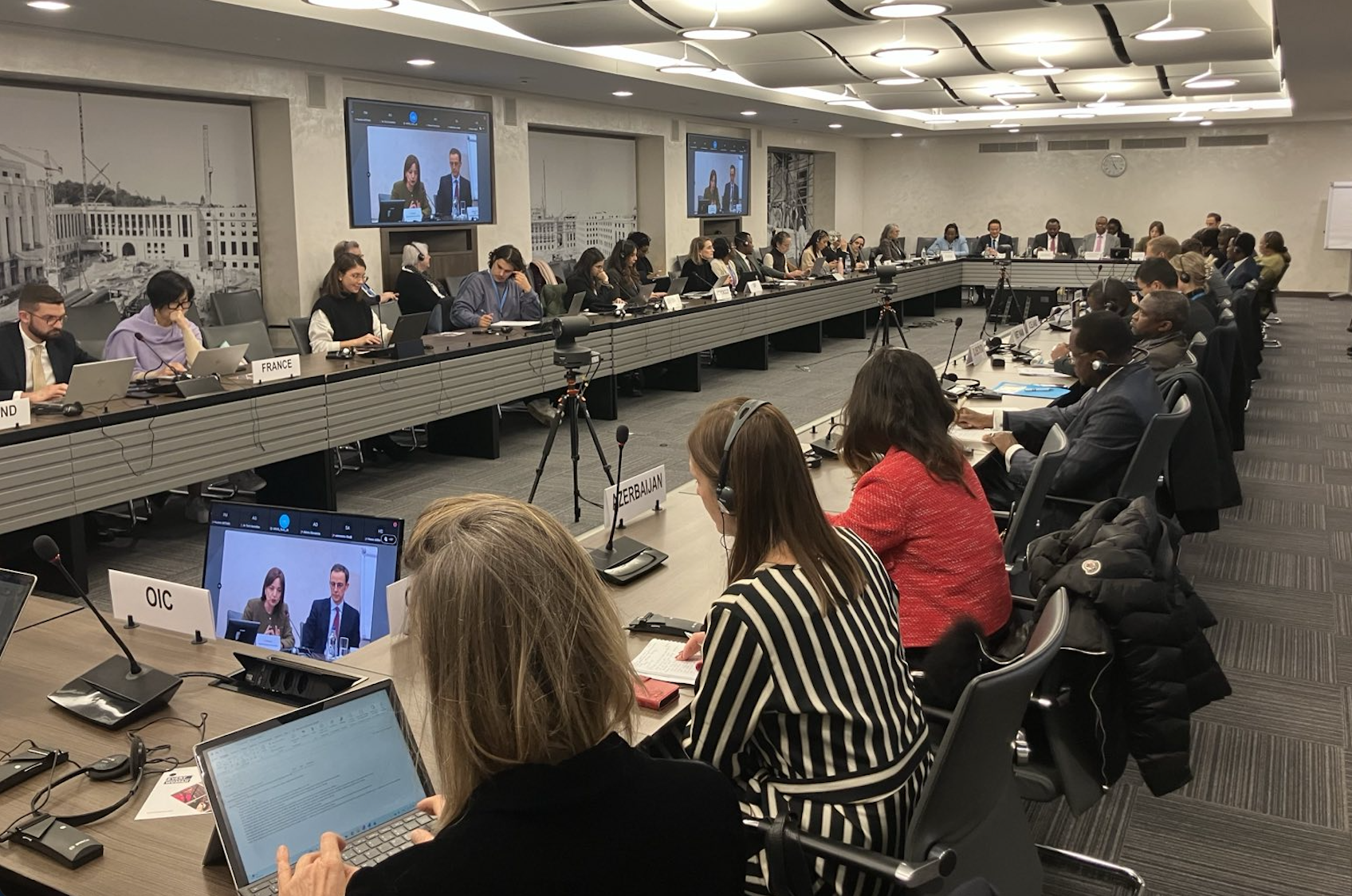During the UN General Assembly, 109 governments made 212 commitments toward the implementation of the Beijing Platform for Action on gender equality, including actions to end violence against women and girls. UN Women called these commitments “the strongest multilateral stand for women and girls in the past 30 years.”
These commitments are a promising and necessary step, but they must be measured against the stark realities women face. In 2024, an estimated 676 million women lived within 50 kilometres of a deadly conflict. This is more than double the number of women since 1990 and the highest figure recorded since the end of the Cold War.
Where there is war and conflict, there are higher rates of rape and other forms of violence against women. Moreover, armed conflict affects women’s economic opportunities and girls’ education, two factors that contribute to the risk of violence.
From Sudan to Gaza, Haiti to Myanmar, women are paying the price of war and instability.
These facts make the Beijing Platform for Action and UN Security Council Resolution 1325 on Women, Peace, and Security as crucial as ever. The Beijing Platform for Action was adopted 30 years ago. UN Resolution 1325 passed 25 years ago. Thanks to these landmark achievements — and the Convention on the Elimination of All Forms of Discrimination against Women and the Sustainable Development Goals — the world has made extraordinary progress on women’s rights, safety, and leadership, but we must do more.
These global instruments provide the roadmap. Now we must follow them.
We call on governments to turn their commitments into action, to be open to ways to strengthen international instruments, and to lead the world toward peace, justice, equality and safety. We stand ready to help make this happen.
